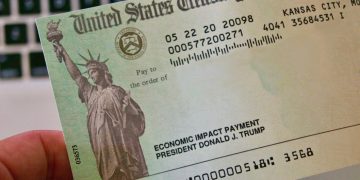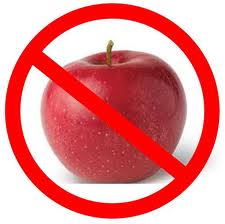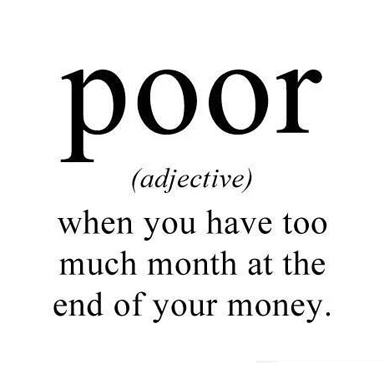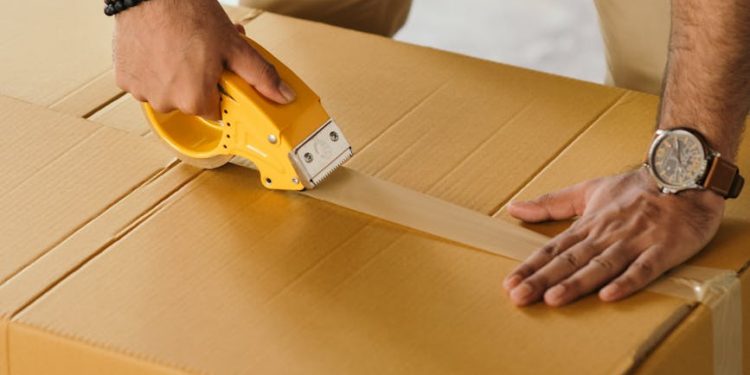For nearly a century, the United States let low-value packages enter without duty. That “de minimis” rule meant items under $800 could skip tariffs and move through customs faster. That changed on Friday, August 29, 2025, when the administration suspended duty-free treatment for most low-value imports. In plain English, most packages now face tariffs and routine customs checks.
The exact duty depends on where your package comes from. Shipments from the United Kingdom now face about a 10% duty, while many goods from India are at much higher rates after an extra tariff pushed some categories up to 50%. Carriers collect the charges and the recipient ultimately pays them at delivery or through a prepaid option at checkout. Expect longer delivery times as more parcels go through inspection.
There are a few narrow carve-outs. Personal letters are not affected. Small gifts sent from one person to another that are worth less than $100 remain duty-free. International mail is in a transition period, so some postal shipments may see a simplified fixed fee before shifting to normal duties. Carriers and postal operators are still adjusting to new data and paperwork rules, which is why some countries briefly paused parcels to the U.S. while they sorted out compliance.
You’ll likely notice the impact in two places. First, prices on fast-fashion and discount marketplaces may creep up as sellers pass through import costs or route stock through U.S. warehouses. Second, small creators and small businesses that import parts or inventory will see higher landed costs and more paperwork, which can mean higher prices or slower shipping for customers.
If you shop from overseas sellers, factor in time and tariffs before you click “buy.” Watch checkout for new fees, and if you keep ordering regularly, compare total costs with buying domestically. If you sell, talk to your carrier or customs broker about the right tariff codes and documents so your parcels don’t get stuck. A short setup now can prevent expensive delays later.
Bottom line: the $800 free pass is on hold. A little planning will protect your budget while the new rules shake out.




















